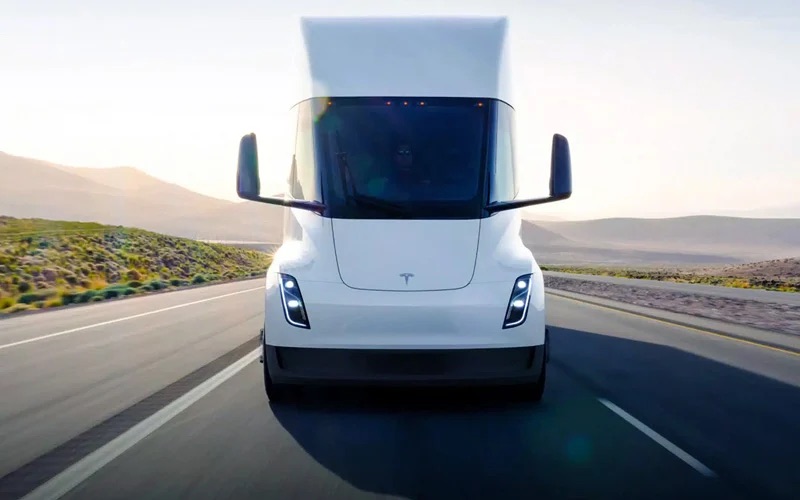The Biden Administration’s Federal Highway Administration (FHWA) has announced a significant investment in electric vehicle infrastructure in Illinois. The Charging for Infrastructure (CFI) program awarded $636 million to 49 applicants during its second funding round, aimed at enhancing the state’s electric truck charging capabilities. This initiative is expected to play a crucial role in supporting the transition to electric vehicles, particularly for long-haul trucking.
In the first round of the CFI program, which took place in 2024, over $1 billion was allocated to approximately 100 applicants. This funding underscores the federal government’s commitment to expanding electric vehicle infrastructure across the nation. The Illinois Environmental Protection Agency (EPA) selected Tesla, Prologis, Gage Zero, and Pilot as the primary recipients of this latest funding round.
The four companies collaborated on a single application to the CFI program, combining their requests to maximize the chances of securing funding. Tesla sought $40 million, Prologis requested $60 million, Gage Zero aimed for $16 million, and Pilot applied for $10 million. Although the FHWA awarded slightly less than requested, the final allocation details are still being worked out among the partners.
Infrastructure Development Plans
The project will facilitate the construction of 345 electric truck charging ports and vehicle stalls across 14 sites throughout Illinois. The charging stations will feature a range of capacities from 150 kW to 1 MW, catering to various electric vehicle needs. In addition to the federal funding, the companies involved have agreed to contribute significant matching funds. Prologis will invest $18 million, Tesla $19 million, Gage Zero $4 million, and Pilot $2.5 million.
This initiative will not only bolster the state’s infrastructure but also support fast charging stations for passenger vehicles through a mix of state and federal funding. Megha Lakchaura, a representative involved in the project, highlighted the importance of expanding electric vehicle infrastructure beyond coastal areas.
“Most of the development has happened on the coasts, and there’s nothing really happening in the Midwest, which is not great for long haul trucking,” – Megha Lakchaura.
Lakchaura further noted the potential impact of this hub on a national scale, indicating that it could serve as a model for similar initiatives across the country.
“We think that this hub could be of national importance,” – Megha Lakchaura.
The CFI program has elicited a positive response from the market, reflecting an increasing demand for electric vehicle infrastructure. The FHWA’s call for partners in June 2024 was met with enthusiasm, paving the way for future developments in electric vehicle charging capabilities across Illinois and beyond.
What The Author Thinks
The federal government’s sizable investment in Illinois’s electric vehicle infrastructure through the CFI program represents a forward-thinking approach to fostering sustainable transportation. By focusing on the Midwest, an often overlooked region for such advancements, this initiative not only addresses a regional gap but sets a precedent for national infrastructure development. As electric vehicles become increasingly integral to the U.S. transportation network, such strategic investments are crucial for ensuring a smooth transition from fossil fuels, benefiting both the environment and the economy.










